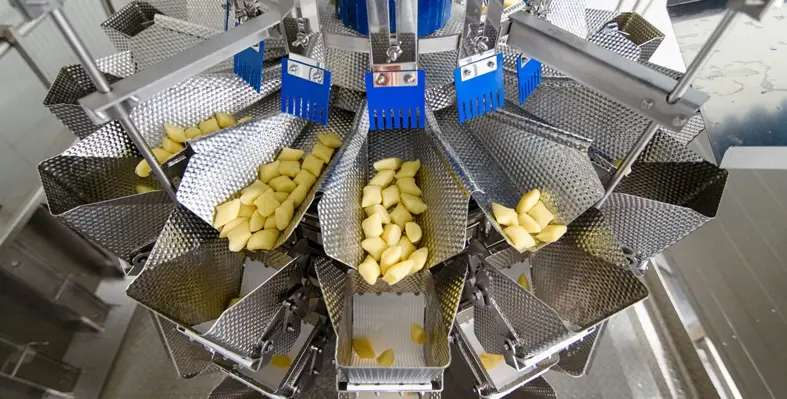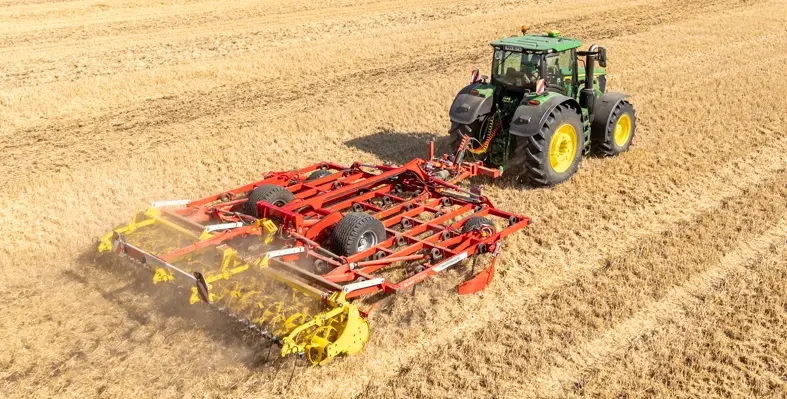
Advanced Navigation Introduces the Certus Mini Series. (Advanced Navigation)
Advanced Navigation, a world leader in navigation and autonomous systems, has announced the expansion of its versatile Certus range, with the new Mini series
Available in three variants, the Certus Mini series includes a GNSS-aided Certus Mini D and Certus Mini N inertial navigation system (INS), while Certus Mini A functions as an attitude and heading reference system (AHRS). The series which weighs only 55 g offers impressive performance, while also being cost-efficient.
“Manufacturers and system integrators often face trade-offs between performance, size, cost and weight. The Certus Mini series is a testament these attributes do not need to conflict with one another," said Advanced Navigation CEO, Chris Shaw. "For customers deploying land-based vehicles, this value-driven breakthrough lowers their entry barrier to precise and reliable navigation. It also unlocks new possibilities for those using lightweight airborne platforms, such as drones, where every gram counts towards flight efficiency and power consumption.
Future of navigation
- Dual-antenna INS: The Certus Mini D features dual-antenna GNSS heading which allows it to deliver superior accuracy in heading, position and velocity. With a maximum weight of 55 g, it fills a critical gap in the market for a dual-antenna INS in a lightweight and compact size.
- Multiband GNSS receiver: By operating on the L1/L5 multi-constellation GNSS, the Certus Mini series offers leading capabilities in interference immunity, position accuracy and multipath resistance in urban environments, such as near tall buildings, tree canopies and canyons.
- Software-enabled hardware: The series houses Advanced Navigation’s breakthrough algorithmic technology. This software-enabled hardware delivers navigation data superior to outputs based on traditional filter methods, offering new levels of performance for miniature INS in GNSS-challenged environments.
Seamless integration
The Certus Mini series can be easily integrated into legacy systems and new builds, ensuring seamless upgrades, reducing installation time and minimising costs. This flexibility accelerates deployment across diverse applications including:
- Agriculture: Certus Mini can be used in purpose-built agriculture robots and equipment to assist with a diverse range of tasks, including aerial spraying, weed detection and localisation, monitoring crop health, inspecting moisture levels, creating field maps, autonomous pruning and grass-cutting, among others.
- Geospatial surveying: Certus Mini can augment drone solutions by providing accurate positioning and attitude without weighing the system down. This enables new applications for surveying environments across open-pit mines, construction sites, urban areas and critical infrastructure.
- Open-pit mining: Certus Mini is the ideal solution for surface drilling OEMs and integrators seeking precise rig alignment. Best-in-class accuracy provides precise alignment even in deep pits where multipath errors occur, and a ruggedised design delivers durability and reliability in harsh mining conditions.
- Asset tracking: Certus Mini can be used to track and monitor assets for a range of industries, including mining, facility management, manufacturing, construction, commercial fleets, automotive, oil and gas, among others.
Rapid delivery and in-house manufacturing
By manufacturing all solutions in-house, Advanced Navigation employs a vertical integration framework which streamlines development, enhances quality control, and ensures agility in responding to customer demand. Further, by utilising machine learning and advanced quality control mechanisms, only components meeting the highest standards are integrated into the navigation system.
This in-house capability guarantees exceptional product reliability, quality, and longevity, while providing complete control over production timelines, reducing lead times and ensuring swift, efficient delivery of the entire product series.
The Certus Mini series is now available for purchase in OEM and ruggedised form.









